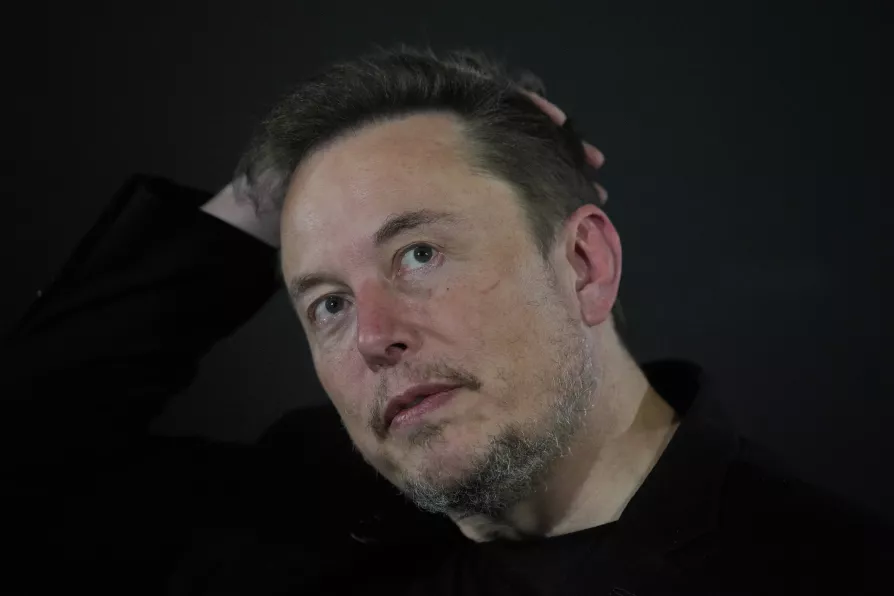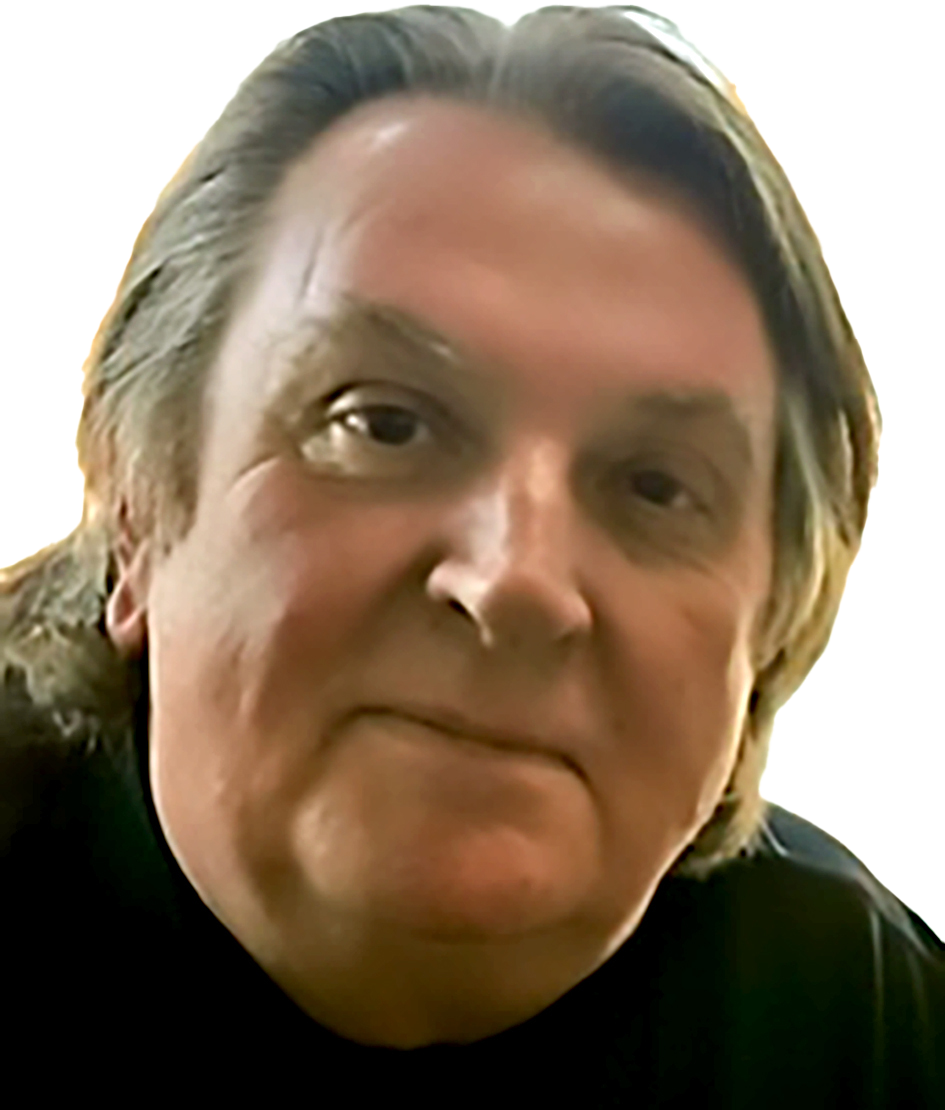The language of humiliation is a step towards a second civil war, argues RAMZY BAROUD

 Intransigent: Elon Musk is trying to break Sweden's IF Metall through the courts – but is running up against movement-wide solidarity
Intransigent: Elon Musk is trying to break Sweden's IF Metall through the courts – but is running up against movement-wide solidarity
IN THE past few weeks the Morning Star has given coverage to the battle now raging in Sweden between Elon Musk, the CEO of e-vehicle manufacturer Tesla, and the Swedish trade union IF Metall.
The dispute arose when Musk told his management in Sweden not to engage in further talks with the union and the Swedish mediation service in regard to union recognition and implementing a sector-wide collective bargaining agreement for 130 Tesla mechanics in the country, as provided by Swedish law to implement the “Swedish model” of industrial relations.
In Sweden (and Denmark) there are industry-wide agreements between employers’ associations and unions. These cover companies which are members of the employers association. They are normally followed by some form of local negotiations.

The Bill addresses some exploitation but leaves trade unions heavily regulated, most workers without collective bargaining coverage, and fails to tackle the balance of power that enables constant mutation of bad practice, write KEITH EWING and LORD JOHN HENDY KC

Ben Chacko talks to RMT leader EDDIE DEMPSEY about how the key to fixing broken Britain lies in collective sectoral bargaining, restoring unions’ ability to take solidarity strike action and bringing about the much-vaunted ‘wave of insourcing’












